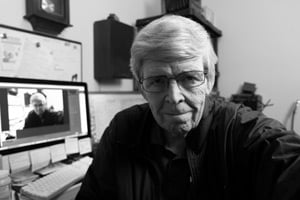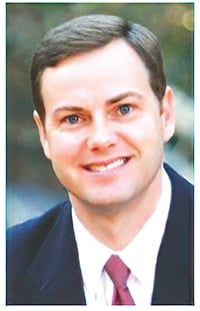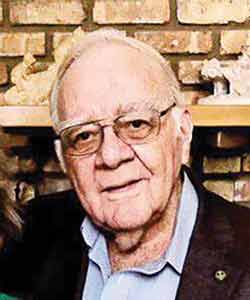It was the hubris that killed her
 by Jim Powers
by Jim Powers
This email address is being protected from spambots. You need JavaScript enabled to view it.
Sara Lee, a woman you are likely to have never heard of, died at age 30 October 6, 2022. She was a wrestler who won the sixth season of the reality show “WWE Tough Enough.”
There has been no known cause of death issued at the time I am writing. Her last Instagram noted that she had been suffering from a bad sinus infection but was feeling better and able to go back to the gym.
The internet, I’m sure to your great surprise, is filled with limitless experts knowledgeable in all specialties of medicine and crystal ball gazing, that jumped into the comments sections of every story featuring Lee’s death to express with certainty her “true” cause of death. It was, they insisted, the Covid Vaccine.
“People don’t normally die that young, and we are only seeing these deaths since millions got the vaccine,” they with complete unlimited hubris insisted. Unaware, apparently, that they do.
A lot of people die each year between the ages of 24-35. According to the statistics group statista, in theUnited States, 177 men per one hundred thousand population and 78.9 women die each year of various causes. These numbers are from 1999 which eliminates Covid or Covid vaccines as a factor. As of January 2022, the population of the U.S. is 332 million. Despite the internet expert’s confidence in their remote diagnosis of Lee’s cause of death and insistence that death among young adults isn’t a thing, a lot of young people die every year in the U.S.
In fact, most of us probably have known someone who died much too soon. I knew a guy who died from a heart attack at age 41. His father had died from a heart attack at age 41. Not to mention people I’ve known who died at a young age from accidents, violence, and drug abuse.
I think these internet prognosticators are driven to insist without facts that Lee died because of the Covid vaccine for a couple of reasons.
First, blaming Covid and the Covid vaccines cements their membership in a particular political movement. To be a part of the club, you must believe that Biden didn’t win the 2020 election, he is not really in the Whitehouse, having died in 2019, but has been replaced by the actor James Woods and when you see him at the Whitehouse, it’s on a greenscreen soundstage in California. That Trump is still the President, yet the U.S. is being run by a deep state cabal of Jewish billionaires. That Donald Trump is the Messiah, the Son of Man who is sent by God to kick off the Apocalypse and reign for 1,000 years of peace and prosperity. Oh, yeah, and that the Covid vaccine Trump has taken credit for developing, was in fact developed to kill off all of humanity.
Secondly, people just don’t like complexity or uncertainty. They can’t accept that awful things happen to people randomly, that they have no personal control over anything, and life is dangerous. So, if a 30-year-old apparently healthy woman dies, they have to have something concrete to blame. “Well, young people don’t usually die, so it MUST be the Covid vaccine that killed her.” (See my first reason above.)
If we are to survive as a country, heck, as a species, we have got to put away these years of magical thinking, put to death the Invisible Pink Unicorn we seem to believe is running the Universe, and accept the world (and truth) as it is. From my observations over the last decade, I don’t hold much hope in that. Hubris aside.
- Hits: 1050



 By Horace McQueen
By Horace McQueen